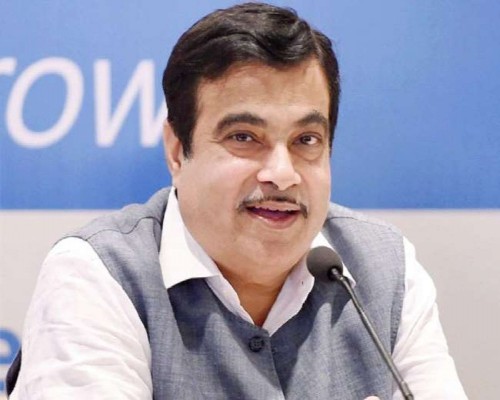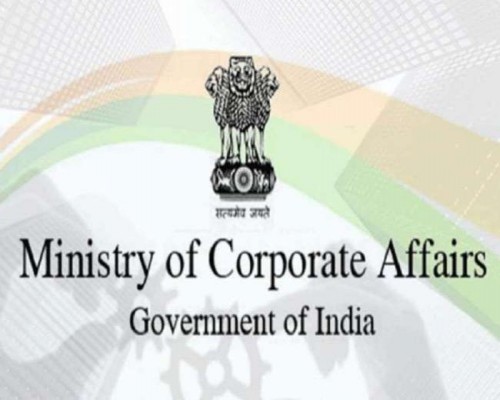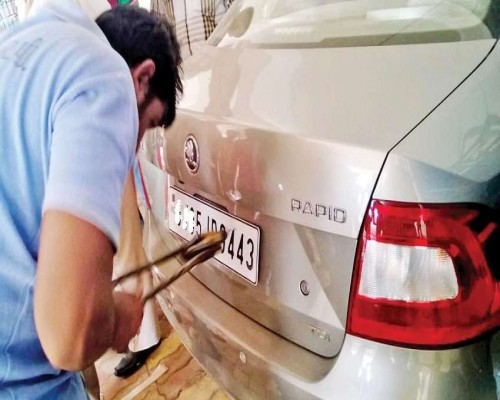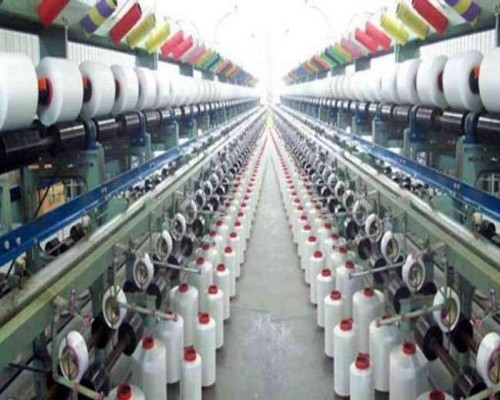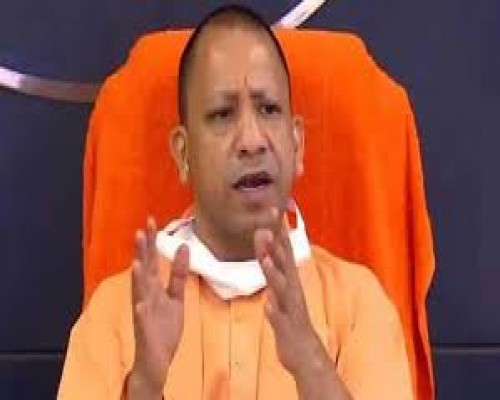Work Hours Debate Heats Up: Industry Leaders Clash Over Productivity vs. Balance

The conversation around optimal work hours has escalated following recent statements by corporate leaders and evolving global work trends. The debate ignited when L&T chairman S.N. Subrahmanyan suggested that employees should work 90 hours a week, questioning work-life balance by stating, "How much will you keep looking at your wife?" This remark drew widespread criticism, including a response from Bollywood actress Deepika Padukone, who champions mental health and workplace well-being.
Anand Mahindra's Counterpoint: Quality Over Quantity
Mahindra Group Chairman Anand Mahindra presented a contrasting viewpoint, emphasizing that quality, not excessive hours, drives productivity. Speaking at a recent event, he stated that productivity does not necessarily increase with extended hours and urged organizations to prioritize efficiency. He acknowledged that different individuals have varied work styles and should find their own balance to maximize effectiveness.
ILO Report: India Works More, Produces Less
A report from the International Labour Organization (ILO) revealed that 51% of Indian employees work more than 49 hours a week, placing India among the highest in global rankings for extended work hours. However, despite these long hours, India's labor productivity remains low, raising concerns about whether increased work hours effectively fuel economic growth. Unlike regulated work hours in other nations, where efficiency and productivity are prioritized, India's extended work culture does not necessarily yield higher output per employee.
Global Shift: UK Adopts a Four-Day Workweek
In stark contrast, over 200 British companies have transitioned to a four-day workweek for employees. Studies indicate that reducing workdays can lead to higher productivity, improved employee satisfaction, and a better work-life balance. This shift marks a significant departure from the century-old five-day work model, sparking discussions on modern workplace flexibility.
The Future of Work Culture
The ongoing debate underscores a widening divide in work culture. While some industry leaders advocate for extended work hours, others promote efficiency-driven models. As global trends favor flexible work arrangements, Indian companies may need to rethink their strategies to remain competitive while ensuring a healthy work-life balance for employees.








